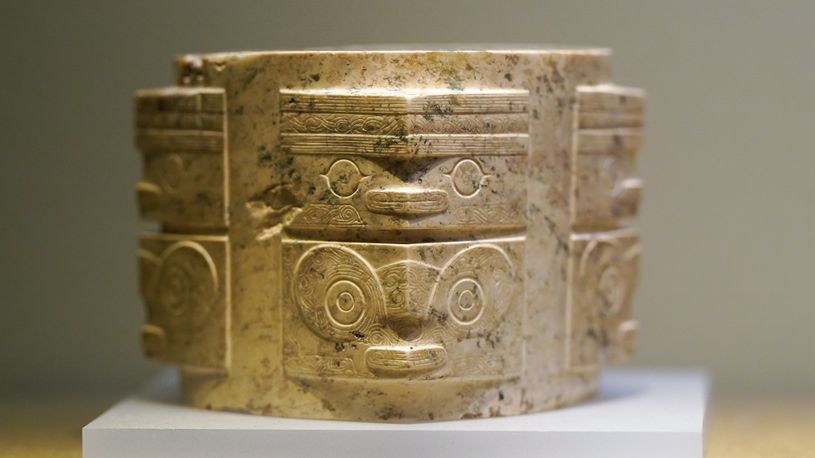
China Anti-Doping Agency criticized misleading reports regarding Chinese swimmers who were cleared to compete at the Tokyo Olympics by World Anti-Doping Agency (WADA) based on evidences, while WADA also called the coverage "misleading and potentially defamatory."
BEIJING, April 20 (Xinhua) -- China Anti-Doping Agency (CHINADA) Saturday criticized recent reports about Chinese swimmers as "misleading".
"CHINADA has noticed several foreign media organizations published and circulated misleading reports about Chinese swimmers testing positive ahead of the Tokyo Olympics," read a statement by CHINADA.
According to the statement, CHINADA conducted doping tests at a national swimming event in June 2021 and found swimmers testing positive for "extremely low concentration" of trimetazidine (TMZ).
"CHINADA immediately carried out investigation into the case from various respects including event organization, accommodation, usage of medicine and supplements as well as doping test procedures," it said.
Combining all investigation results and evidences, CHINADA came to the conclusion that the swimmers had tested positive for TMZ after inadvertently being exposed to the substance through contamination. It then decided the athletes should not be held responsible for the positive results.
"We informed WADA and FINA (now World Aquatics) about the progress of our investigation during the process and provided all evidences, decisions and relevant files. WADA agreed with our conclusion after thorough review," it said.
WADA also slammed the reports, calling the coverage of the incident "misleading and potentially defamatory".
WADA said in its statement released on Saturday that after requesting the full case file from CHINADA, "scientists and external legal counsel thoroughly put the contamination theory presented by CHINADA to the test" over a span of several weeks.
"WADA ultimately concluded that it was not in a position to disprove the possibility that contamination was the source of TMZ and it was compatible with the analytical data in the file. WADA also concluded that, given the specific circumstances of the asserted contamination, the athletes would be held to have no fault or negligence. As such, and based on the advice of external counsel, WADA considered that an appeal was not warranted," WADA said.
WADA Senior Director, Science and Medicine, Olivier Rabin, said: "Indeed, we even sought new pharmacokinetic and metabolism information on TMZ from the manufacturer and tested several hypotheses, including doping strategies with low TMZ doses, in assessing the plausibility of the contamination scenario that was presented to WADA. Ultimately, we concluded that there was no concrete basis to challenge the asserted contamination. Indeed, the contamination scenario was further supported by the combination of the consistently low concentrations of TMZ as well as no doping pattern with several athletes presenting multiple samples collected over the course of several days which fluctuated between negative and positive (and vice versa). In all transparency, we communicated the conclusions of our scientific review to internal and external investigators, including the International Testing Agency."
WADA mentioned the United States Anti-Doping Agency (USADA) contacted WADA by email in April 2023 about the TMZ cases.
"It advised WADA of a tip from an unspecified source that the positive TMZ cases had been hidden. This information was clearly erroneous in that the positive TMZ cases had been reported and decided by CHINADA, as well as thoroughly reviewed by both WADA and World Aquatics, nearly two years prior," WADA said.
WADA Director, Intelligence and Investigations, Gunter Younger, said: "The data held by us clearly showed that there had been no attempt to hide the positive tests as they had been reported in the usual way by the Chinese authorities."
CHINADA also said it would reserve the right to pursue legal action toward media publishing the improper information. ■









